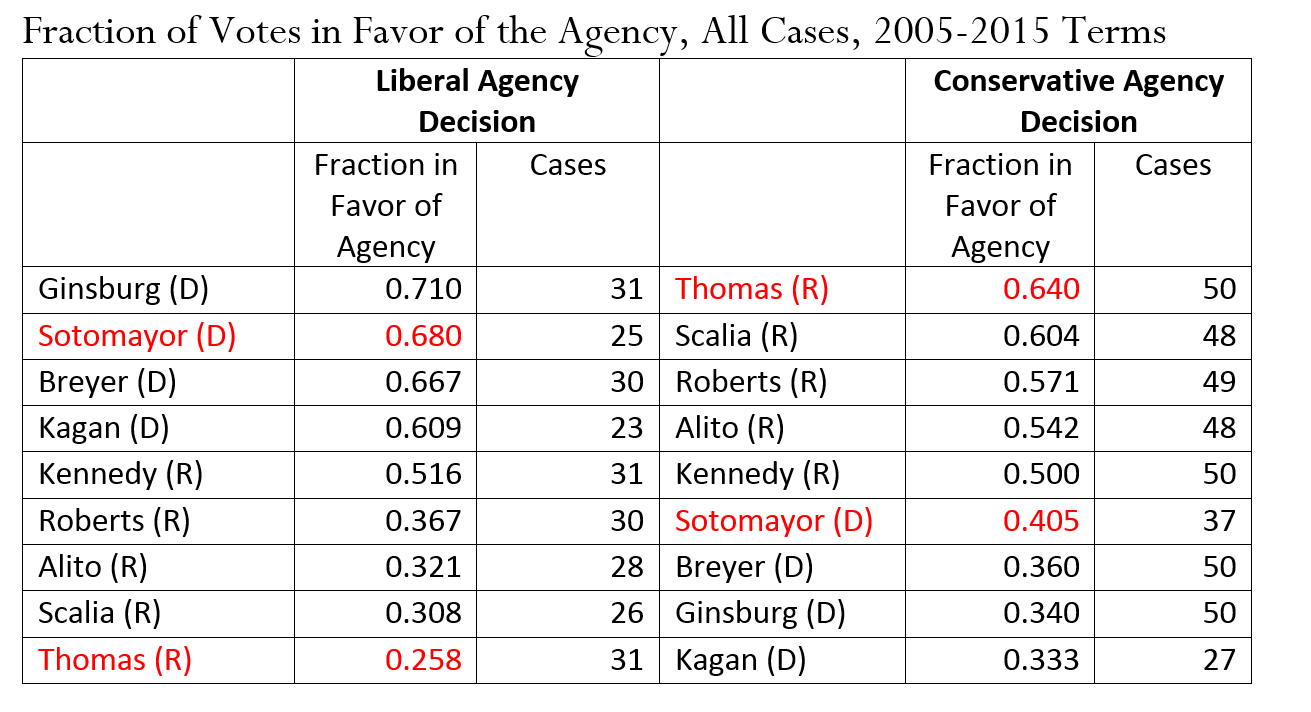Alan Dershowitz says no:
The president can, as a matter of constitutional law, direct the attorney general, and his subordinate, the director of the FBI, tell them what to do, whom to prosecute and whom not to prosecute. Indeed, the president has the constitutional authority to stop the investigation of any person by simply pardoning that person.
His argument is that the obstruction of justice statutes can’t apply to the president because the president possesses the constitutional authority to stop an investigation—by issuing an order to the attorney general or FBI director, by firing them if they do not obey the order, or by pardoning the person under investigation. Any interpretation of the obstruction of justice statute that blocked this authority would violate the Constitution. (Dershowitz agrees that Congress can impeach the president for obstruction of justice but only because impeachment is a political process; on this, see below.)
This argument is superficially appealing but I don’t think it’s right. To see why, imagine that Congress passes a statute that says (for example): “the president may not order the FBI director to stop an investigation of the president or any other executive branch official.” If Dershowitz is right, this statute would violate the Constitution and be struck down by a court.
Would it? The Supreme Court hasn’t told us, but it rejected the broad description of presidential authority that Dershowitz relies on. In Morrison v. Olson, it upheld the (now defunct) independent counsel statute even though the law created a roving prosecutor, gave him the power to bring charges against executive branch officials including the president, and prohibited the president from removing him. (The Attorney General retained the power to remove the independent counsel for “good cause.”)
In the Starr report, independent counsel Kenneth Starr had no trouble accusing Bill Clinton of committing the crime of obstruction of justice:
An effort to obstruct justice by withholding the truth from the legal process — whether by lying under oath, concealing documents, or improperly influencing a witness’s testimony — is a federal crime. There is substantial and credible information that President Clinton engaged in such efforts to prevent the truth of his relationship with Monica Lewinsky from being revealed in the Jones case.
Dershowitz would no doubt argue that Starr was mistaken, and that if Clinton had been prosecuted rather than impeached, a court would have thrown out this charge. I think it more likely that a court would seize on the “corrupt” intent language in the statutes, and hold that the president can do what he wants as long as he does not act “corruptly.” He can fire the FBI director for mismanaging the institution, or failing to comply with the president’s priorities, or even for being disagreeable or untrustworthy, or for standing in the way of another appointment, but not for investigating the president or his top aides. Trump could have lawfully fired Comey for mishandling the (Hillary) Clinton investigation or simply for failing to inspire confidence but not for investigating Trump’s pal Flynn.
Why does this matter? No prosecutor will bring charges against Trump. But if an impeachment occurs, then the allegation that the president has committed a crime lends gravity to the proceedings, and fulfills the constitutional command that the impeachment be based on “high crimes or misdemeanors.” That’s why it matters whether Trump committed a crime or not, as Dershowitz clearly understands.
Dershowitz says that Trump could have pardoned Flynn, and that is surely right. I’m not sure, however, that Dershowitz is right that misuse of the pardon power—for example, to thwart an investigation of the president himself by depriving investigators of bargaining power over an aide—cannot be an obstruction of justice. Suppose that the president pardoned someone in return for a bribe. The pardon may be valid, but the president committed a crime. A similar argument could be made if the president pardoned someone in order to obstruct justice. In any event, unless Trump pardons Flynn, the argument is of no importance.
